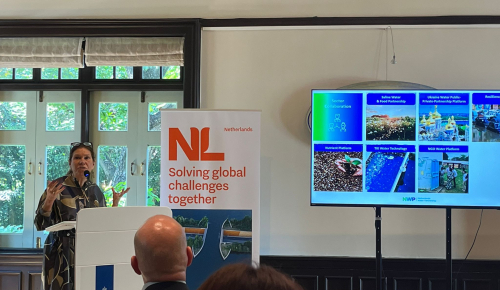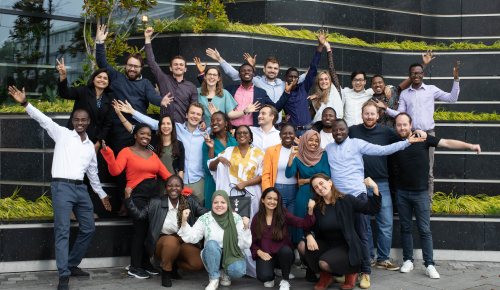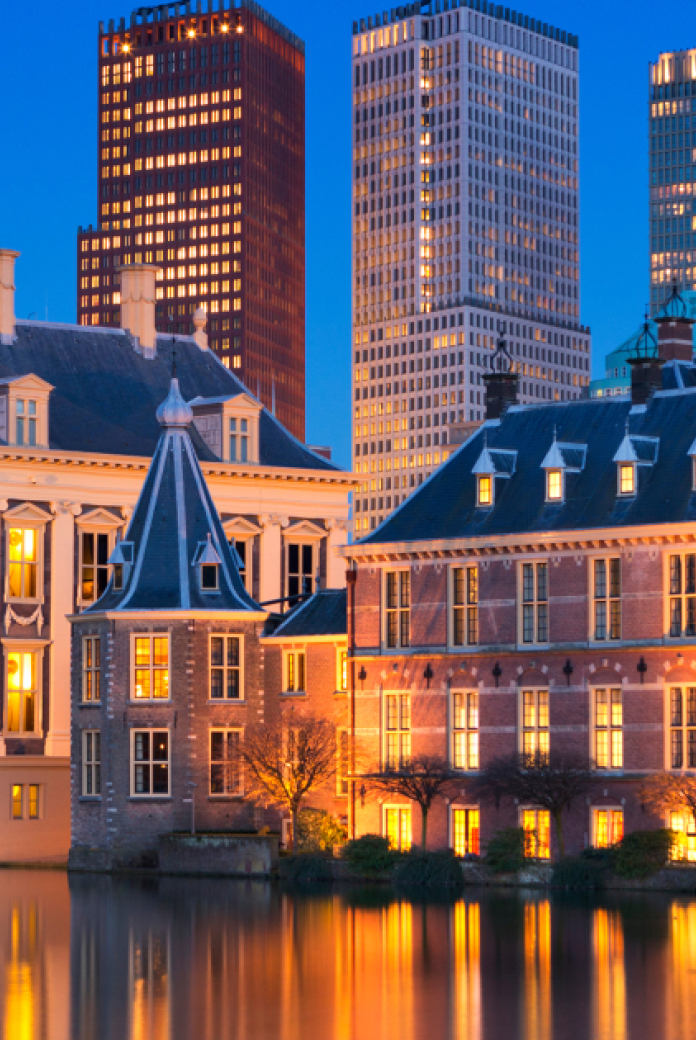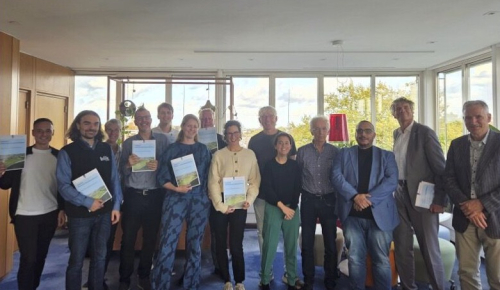Blog
16 January 2020The Netherlands and New Zealand: Far apart, yet natural partners
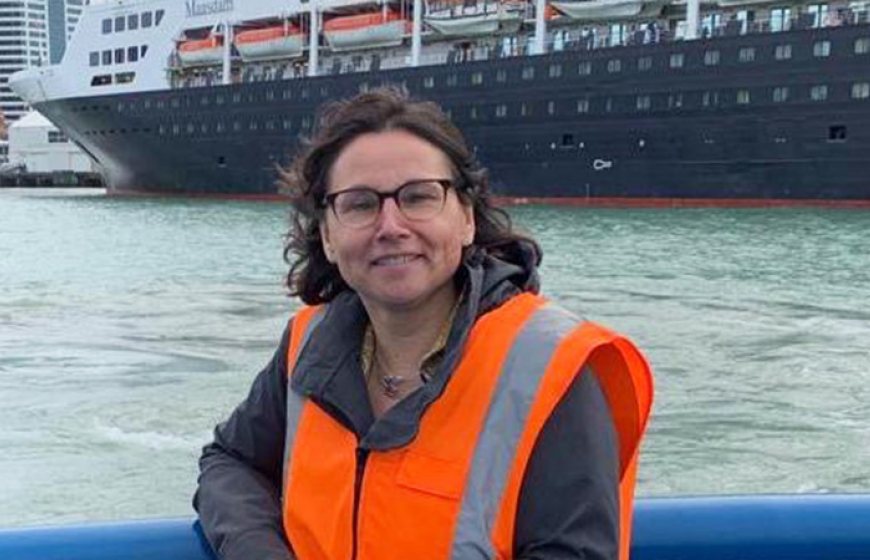
On Wednesday 29 January, Dutch ambassadors will meet in The Hague for the annual Ambassadors Conference. Part of this event is the Business Day, where companies can talk to embassies about their international ambitions and business offers. Mira Woldberg, Dutch Ambassador to New Zealand, sees attractive opportunities for the Dutch water sector. A market scan recently commissioned by Netherlands Water Partnership (NWP) also underlines this.
‘Water has been high on the agenda in New Zealand in recent years. There is a lively debate about water quality, water scarcity, sanitation, coastal protection and climate change adaptation. Too often there are water quality incidents that, of course, further fuel the discussion. In 2016, during a campylobacter outbreak, up to 5,500 people fell ill and four people are thought to have died from associated causes. This led to the Three Waters Review, a cross-government initiative on how to improve the governance, regulation and supply arrangements of drinking water, waste water, and storm water.
Outdated infrastructure
Many problems have to do with outdated infrastructure, and the same problem arises with the sewer systems in the country. The national government now wants to upgrade its many decentralised treatment systems. It is estimated that NZD 2 billion is needed to modernise these systems.
There is increasing water scarcity in large agricultural areas. The periods of drought are getting longer and they are becoming more frequent. In recent years, farmers have heavily invested in expanding the irrigated area, partly thanks to government subsidies. But, given its environmental impact, the limits of large-scale irrigation development now seem to have been reached.
Seventh longest coastline
When it comes to coastal management, there is still a long way to go for New Zealand. The country has the seventh longest coastline in the world and two thirds of the population live near the sea. Clearly, this makes New Zealand vulnerable to the impact of climate change, especially of sea level rise. New Zealand adopted a very ambitious climate legislation last November. However, much attention so far is on mitigation rather than on integrated solutions for resilient cities.
Last July, the Mayor of Christchurch participated in the 2019 Urban Resilience Summit. Urban resilience leaders from cities around the world gathered in Rotterdam, the Netherlands, to share ideas and innovations, and to chart the course for the future of urban resilience. This visit has increased interest in sustainable solutions where water is not only a threat, but also an opportunity to boost the attractiveness and quality of life in urban areas.
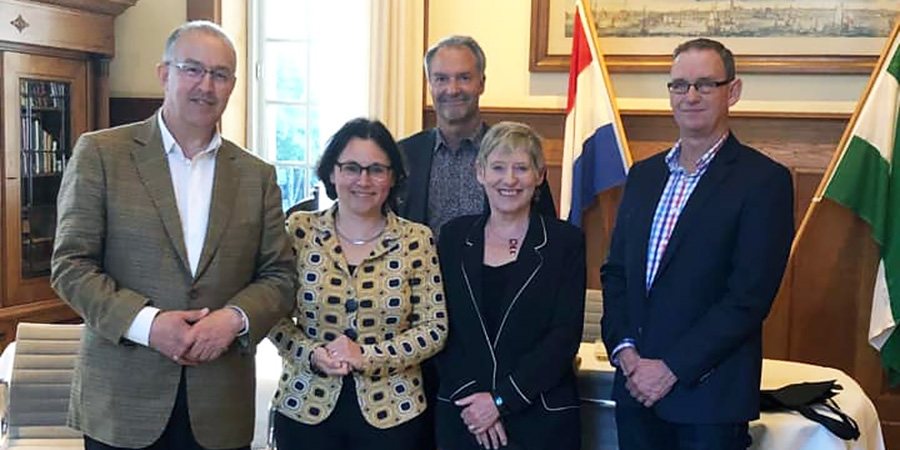
Sustainable solutions
Many of the water challenges, and with them the development of sustainable solutions, have to do with the way in which water governance is organised in New Zealand. There is no national authority, such as Rijkswaterstaat (the executive arm of the Dutch Ministry of Infrastructure and the Environment) in the Netherlands. In general, districts and regions are responsible for their water governance and they neither always have sufficient expertise nor budget. In addition, there are elections every three years. This makes it difficult to develop large-scale and multi-year plans, which is key for the success of Dutch policy.
Another interesting aspect of Dutch water governance is the long tradition of stakeholder participation, which encourages everyone to be involved. Perhaps this modus operandi would reflect the strong wish of the Maori who demand a greater say in water management in safeguarding their strong environmental values and livelihoods.
Shared commitment
In all the areas that I have briefly mentioned, New Zealand could make good use of Dutch expertise. Traditionally, the focus is on Australia, the USA and of course the United Kingdom. Yet there are 150,000 people living in New Zealand with a link to the Netherlands and more than 35,000 people with a Dutch passport. The Netherlands and New Zealand have a long-standing and close relationship based on many shared interests and values. This is definitely helpful when it comes to doing business. There are various Dutch companies and knowledge institutes, mainly in the field of agriculture, that operate here and that also cooperate with New Zealand partners. I see excellent opportunities to link the reputation and expertise of the Netherlands to the water challenges New Zealand is facing. As Dutch Prime Minister Mark Rutte stated during his visit last October, “Although the Netherlands and New Zealand could not be further apart geographically, we are natural partners in respect of climate change. That's why I'm delighted that we signed a joint statement today highlighting our shared commitment to combating climate change.”
Perhaps Dutch companies, together with New Zealand partners, can also offer their services and expertise to the Small Island Developing States in the Pacific, where climate change is a clear and present danger and where many climate related activities are carried out by the ADB, EU and other organisations. In this way, we can also follow up on Dutch Risk Reduction (DRR) Team missions to Palau, Tuvalu, Kiribati, Tonga and, most recently, Fiji.
Short term opportunities
It goes without saying that building a good relationship with New Zealand partners and a strong network is essential and requires time and effort. Partners for International Business (PIB), a programme that allows Dutch businesses to enter into a public-private partnership to achieve their international ambitions, could be an interesting option. At the same time, there are certainly opportunities for the short term. I am thinking, for example, of algae control, decentralised waste water treatment, real-time monitoring of water quality in drinking water systems and advisory systems on coastal zone management.
In short, there is plenty to do for the Dutch water sector in New Zealand. I truly hope to meet interested companies during the Business Day and to get a clear picture of what they have to offer, what their ambitions are and how we can support them. So I encourage the Dutch water sector to register for this activity and meet with me in The Hague on Wednesday, 29 January 2020!’


